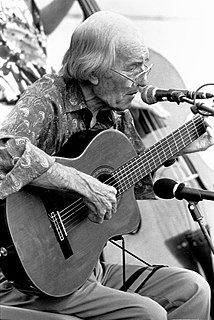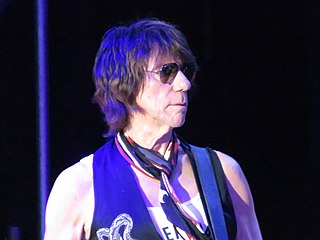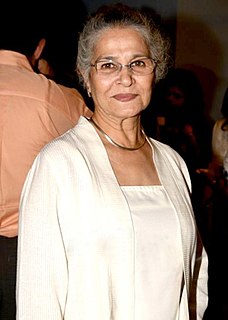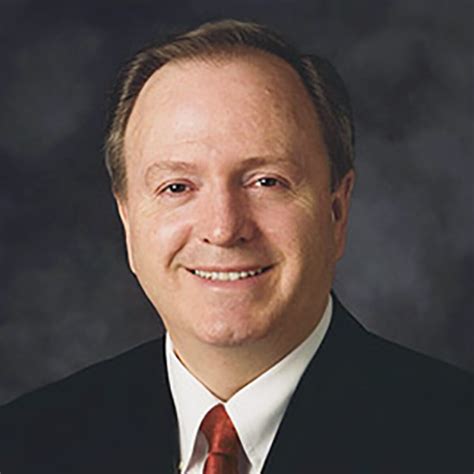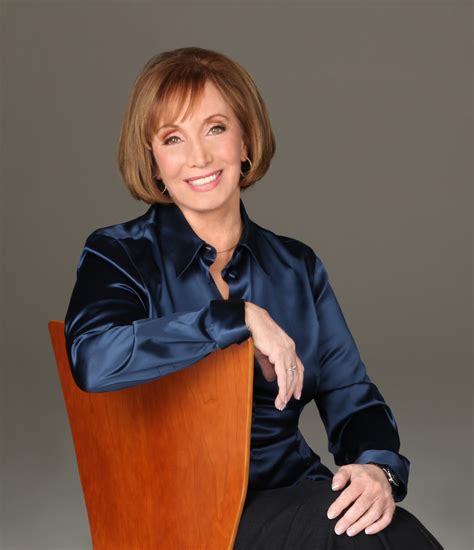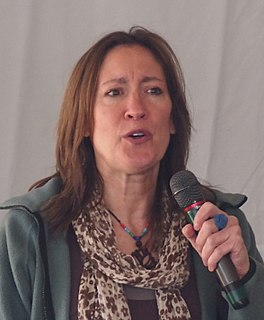A Quote by Charlie Byrd
Usually, no one quite knew where Django Reinhardt was going to be, but I met his brother and about an hour later in walks Django with an entourage of friends. He always traveled with a large group-carried his own admirers with him, the most sinister-looking bunch of hoodlums you've ever seen. I walked up and offered to buy him a drink. That seemed to be the right thing to do... he was the first really brilliant solo guitarist I ever became aware of, I had records of his when I was 10 years old. It just blew my mind that anyone could play a guitar like that. Still does.
Quote Topics
About
Always
Anyone
Aware
Became
Blew
Brilliant
Brother
Bunch
Buy
Carried
Could
Django
Does
Drink
Entourage
Ever
First
Friends
Going
Group
Guitar
Guitarist
Had
Him
His
Hour
Just
Knew
Large
Later
Like
Looking
Met
Mind
Most
Offered
Old
Own
Play
Quite
Really
Records
Right
Right Thing
Seemed
Seen
Sinister
Solo
Still
The Right Thing
Thing
Traveled
Up
Walked
Walks
Years
Related Quotes
He was about to go home, about to return to the place where he had had a family. It was in Godric’s Hollow that, but for Voldemort, he would have grown up and spent every school holiday. He could have invited friends to his house. . . . He might even have had brothers and sisters. . . . It would have been his mother who had made his seventeenth birthday cake. The life he had lost had hardly ever seemed so real to him as at this moment, when he knew he was about to see the place where it had been taken from him.
He had no memory of ever being hugged like this, as though by a mother. The full weight of everything he had seen that night seemed to fall in upon him as Mrs. Weasley held him to her. His mother's face, his father's voice, the sight of Cedric, dead on the ground all started spinning in his head until he could hardly bear it, until he was screwing up his face against the howl of misery fighting to get out of him.
Finally, Peeta turns to Pollux. "Well, then you just became our most valuable asset." Castor laughs and Pollux manages a smile. We're halfway down the first tunnel when I realize what was so remarkable about that exchange. Peeta sounded like his old self, the one who could always think of the right thing to say when nobody else could... I glance back at him as he trudges along under his guards, Gale and Jackson, his eyes fixed on the ground, his shoulders hunched forward. So dispirited. But for a moment, he was really here.
Nothing that had ever happened to him, not the shooting of Oyster, or the piteous muttering expiration of John Wesley Shannenhouse, or the death of his father, or internment of his mother and grandfather, not even the drowning of his beloved brother, had ever broken his heart quite as terribly as the realization, when he was halfway to the rimed zinc hatch of the German station, that he was hauling a corpse behind him
It was like the first time I'd ever seen Hollywood just really not do the right thing. We filmed Free Willy in Mexico. I'd come in a really nice car from my hotel, and we'd have to drive around all the crew that was sleeping in the parking lot. People making their breakfast on the ground. It was because there was a whale there that was in a little tank. It just felt gross. It felt really bad. They didn't free that whale for, damn... at least 10 years later. The poor whale had horrible psoriasis all over him, and his fin didn't work.
Atul had a child from his first marriage but lost him when he was just 16 years old. His wife died 7-8 years later. He's really had a tough life. Probably these experiences have made him a more sensitive, caring and loving person... Had we been 20 years younger, we definitely would have had children.
There's a story about when President Lyndon Johnson visited NASA and as he was walking the halls he came across a janitor who was cleaning up a storm, like the Energizer bunny with a mop in his hand. The president walked over to the janitor and told him he was the best janitor he has ever seen and the janitor replied, "Sir, I'm not just a janitor, I helped put a man on the moon." See, even though he was cleaning floors he had a bigger purpose and vision for his life. This is what kept him going and helped him excel in his job.
His gaze burned into mine, like he could see past my eyes into parts of me no one had ever seen, and I knew I was seeing the same in him. No one else had ever seen him so vulnerable before, like if I pushed him away, he might crumble into pieces that could never be put together again. Yet there was strength, too. He was strong beneath that fragile need, and I knew that I could never fall with him next to me. If I tripped, he would catch me. If I lost my balance, he would find it.
In that hour of trial it was the love of his master that helped most to hold him firm; but also deep down in him lived still unconquered his plain hobbit-sense: he knew in the core of his heart that he was not large enough to bear such a burden, even if such visions were not a mere cheat to betray him.
Hardly ever can a youth transferred to the society of his betters unlearn the nasality and other vices of speech bred in him by the associations of his growing years. Hardly ever, indeed, no matter how much money there be in his pocket, can he ever learn to dress like a gentleman-born. The merchants offer their wares as eagerly to him as to the veriest swell, but he simply cannot buy the right things.
In his sophomore year Wilbanks tried out for the high school basketball team and made it. On the first day of practice his coach had him play one-on-one while the team observed. When he missed an easy shot, he became angry and stomped and whined. The coach walked over to him and said, "You pull a stunt like that again and you'll never play for my team." For the next three years he never lost control again. Years later, as he reflected back on this incident, he realized that the coach had taught him a life-changing principle that day: anger can be controlled.
She couldn't believe what she did then. Before she could stop herself, she leaned up on tiptoes, put her arms around his neck, and kissed him on the mouth. Her lips brushed over his for the barest of seconds, but it was still a kiss, and when she came to her senses and dared to pull away and look at him, he had the most curious expression on his face. Brodick knew she regretted her sponatenity, but as he stared into her brilliant green eyes, he also knew, with a certainty that shook him to the core, that his life had just been irrevocably changed by this mere slip of a woman.
Mo Willems was so helpful. I had met him a number of times, and I knew from his books how funny he was, of course, but it was really neat to be able to have his feedback. He's so great with comic timing. Working with him was like taking a master class in comic timing, because he could pinpoint right away if a section wasn't working. I remember him saying once, "No, you need a beat between this page and this page," and it was like, oh yeah, of course. I hadn't seen it, but being so good at what he does, Mo noticed it right away.
And still Meriadoc the hobbit stood there blinking through his tears, and no one spoke to him, indeed none seemed to heed him. He brushed away the tears, and stooped to pick up the green shield that Eowyn had given him, and he slung it at his back. Then he looked for his sword that he had let fall; for even as he struck his blow his arm was numbed, and now he could only use his left hand.
